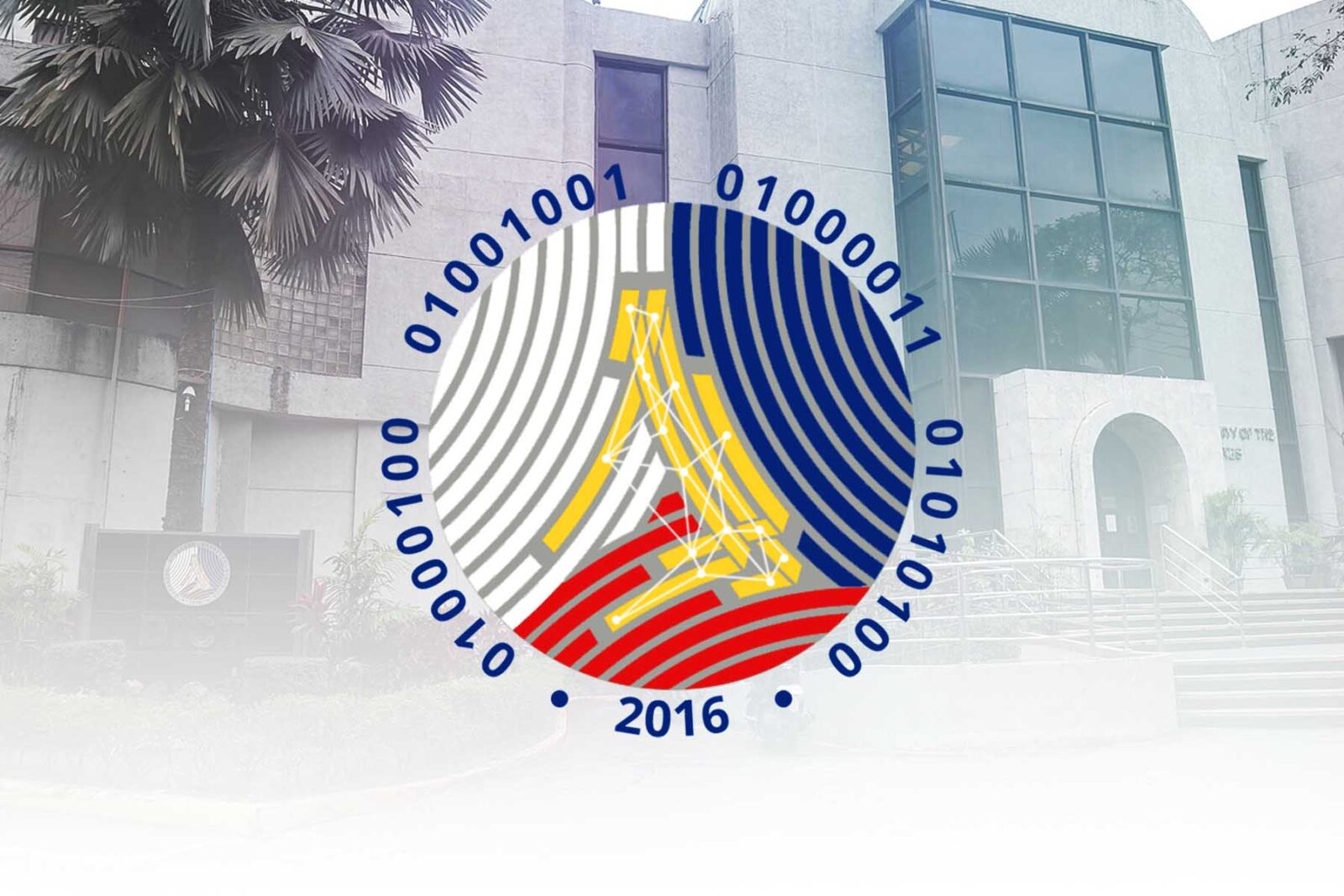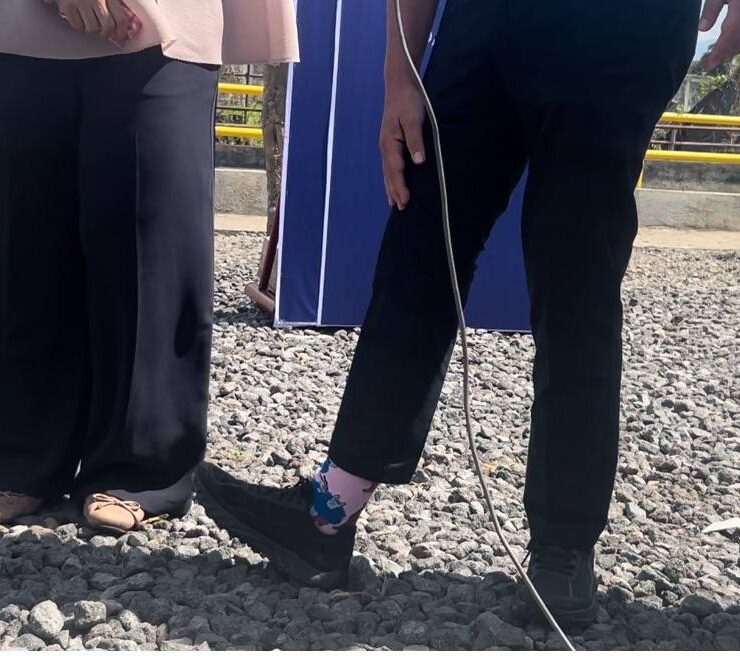DICT tests prototype of ‘homegrown’ AI model, eyes launch before Sona

The Department of Information and Communications Technology (DICT) is preparing to roll out its first artificial intelligence (AI) engine intended to assist Filipinos and the bureaucracy in their day-to-day affairs, a DICT official said on Wednesday.
Assistant Secretary Mary Rose Magsaysay, deputy executive director of the Cybercrime Investigation and Coordinating Center (CICC), said they are now “training” the prototype of the country’s own tool, the Philippine National AI (PNAI).
She said PNAI intends to provide geolocated, real-time assistance for citizens, such as gathering information and reporting crimes, using the vernacular in the area of the user.
“This one, the Philippines’ first national AI will be something that is based on our culture, trained by the Filipinos, having all the laws of the Philippines, having all the issuances of the Philippine government,” Magsaysay said in the regular “Bagong Pilipinas Ngayon” briefing in Malacañang.
“So when you ask it, you will not be given fake news, speculation or gossip; and when you talk to it, it speaks in the dialect,” Magsaysay said without elaborating on the task of translating official documents into the eight largest Philippinic language groups.
Currently, even the three largest language groups and its many dialects (Tagalog, Sugbuhanon and Ilocano) do not have official translations of the Civil Code or the Penal Code.
But Magsaysay clarified that PNAI is a work in progress and the CICC is actively recruiting government agencies to go on board with this “internally made learning management system.”
She said the CICC is aiming for a public launch of PNAI before the State of the Nation Address (Sona) of President Marcos.
Unlike foreign-developed AI tools, PNAI is trained on local data, speaks Filipino languages and integrates Philippine laws and government protocols, Magsaysay said.
The official made the announcement as she provided updates on the government’s campaign against cybercrime, undertaken through its Project Acuity initiative.
She expressed optimism that with Project Acuity, the CICC has trained IT personnel from 330 government agencies—an estimated 30,000 individuals—to set up their own Security Operations Centers.
The CICC has also extended its cyber awareness programs to 37 remote municipalities, including those geographically isolated and disadvantaged areas, she said.
She sounded the alarm over the prevalence of financially motivated cybercrimes in the Philippines, which she said account for nearly 90 percent of reported online offenses.





















